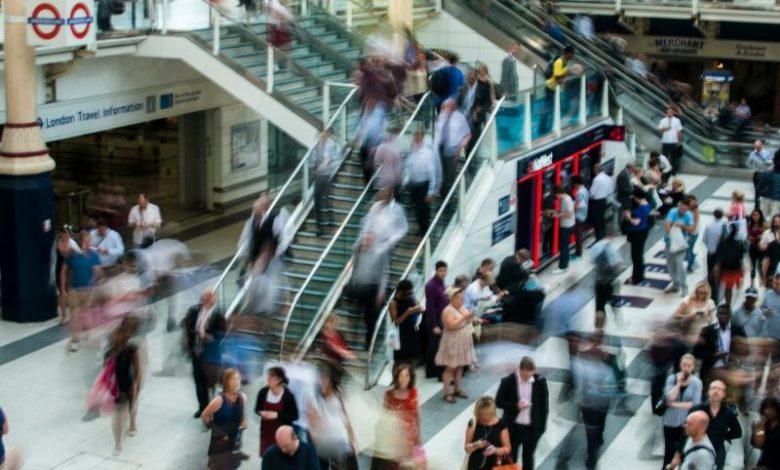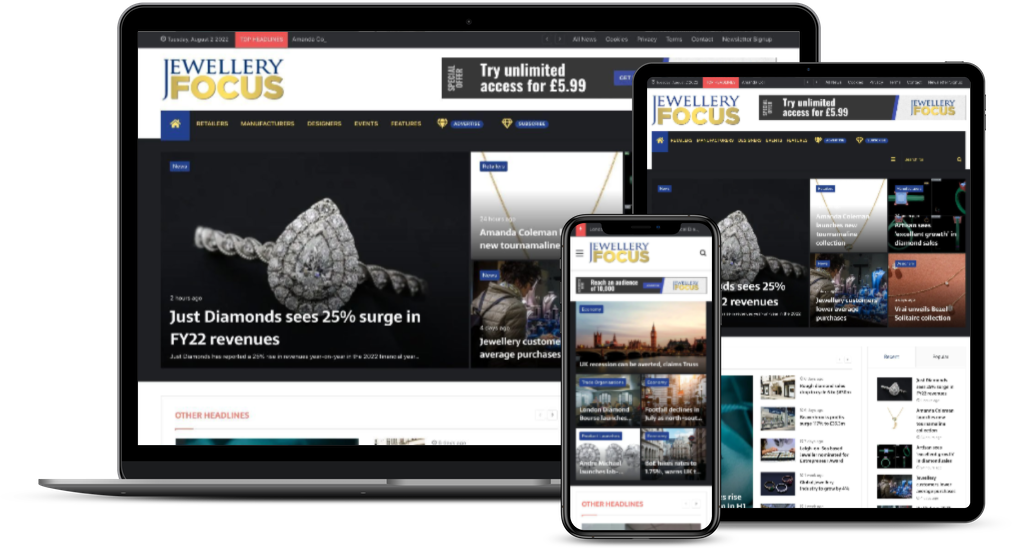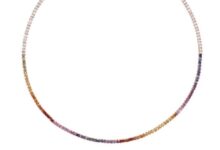Consumer confidence improves for first time in 15 months
Consumer sentiment towards the state of the economy increased by +3.1 percentage points in Q4, reaching -76%

UK consumer confidence in the final quarter of 2022 improved by half (+0.6) a percentage point, according to the latest Deloitte Consumer Tracker, marking the end of a 15-month period of consecutive decline.
Deloitte said overall confidence was boosted by “significant” quarter-on-quarter improvement in sentiment towards levels of debt (+3.8 percentage points) and household disposable income (+6.5 percentage points), as some consumers have received pay rises or seasonal bonuses.
However, whilst both measures are improving, they remain below their year-on-year comparables.
The Deloitte Consumer Tracker is based on responses from 3,492 UK consumers aged 18+ between 27 and 30 December 2022.
It also found consumer sentiment towards the state of the economy increased by +3.1 percentage points in Q4, reaching -76%. Whilst remaining close to record-low levels, the improvement comes at a time of low levels of unemployment and inflation starting to ease; albeit running higher than current wage growth.
However, sentiment on job security declined quarter-on-quarter by -1.2% (to -10%), indicating “consumer concern about possible deterioration in the job market as a consequence of recession”. By contrast, almost a third of CFOs still rate labour shortages as a “severe” or “significant” difficulty faced by their businesses.
Ian Stewart, chief economist at Deloitte, said: “This is a very different recession from those of the recent past. A year into the cost of living crisis, unemployment is close to 50-year lows and the economy showed unexpected resilience in the closing months of 2022. With corporate margins under pressure and top line growth slowing, we see unemployment drifting higher this year just as the effects of past interest rate rises fed through to mortgage costs.
“Meanwhile, real incomes are set to decline for the second consecutive year and consumer spending is likely to shrink. However, by the standards of past recessions this is likely to be a relatively mild one, with a low peak in unemployment and growth resuming towards the end of 2023.”












